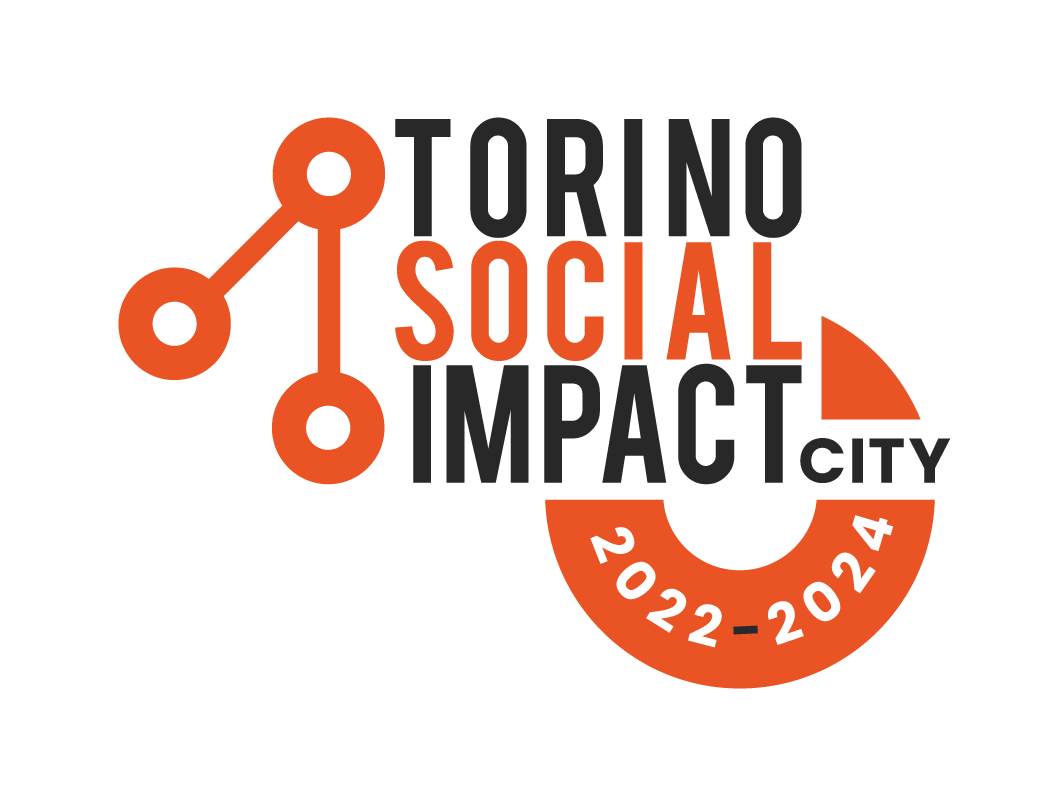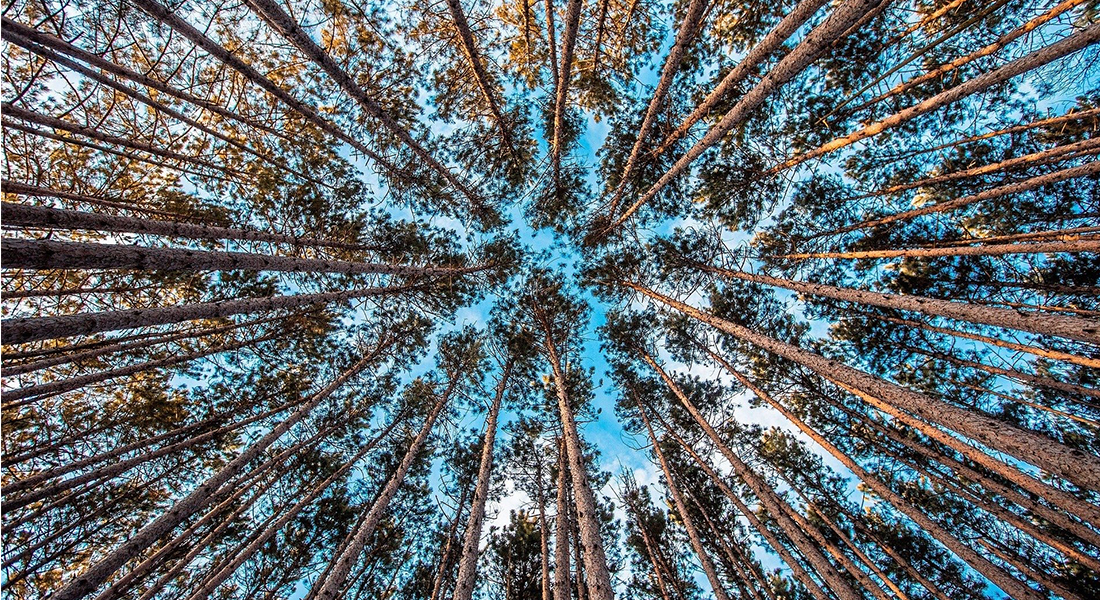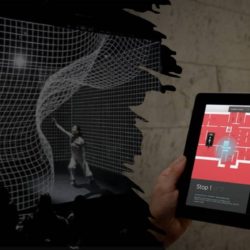On 29 September the new advanced training course promoted by the Architecture Foundation of Turin and curated by Mali Weil will begin, during which the entire urban structure will be reinterpreted as a wooded space. Among the guests, also the architects Stefano Boeri and Paulo Tavares. The early bird expires on 8 September.
__
From 29 September to 16 October, the “Forestare” advanced training course promoted by the Architecture Foundation of Turin and curated by Mali Weil, an artistic platform based in Trento, will be held. At the center, a reflection on the concept of “forestare” or “making forests” an act that allows to develop a new imagery about the city and the way of living in it, reinterpreting the entire urban structure as a space-forest. It will be divided into 5 modules of 2 hours each: registrations expire on September 25th but the early bird fee is available only until September 8th: register now!
The emergency of Covid-19 has determined a new attention to nature and a rediscovery of the individual and collective relationship with it; a change that will have a strong impact on the future of cities, on the way they are inhabited and designed. The forest thus becomes the key element for rethinking not only living but all spaces of citizenship.
On the basis of these considerations, an advanced training program is divided into 5 webinar modules for professionals in the world of architecture, urban planning and landscape to reinterpret urban space not only from the point of view of greenery or urban forestry but as a space-forest, a space that is built and characterized according to its relationship with the other.
But what is the forest? The Brazilian architect Paulo Tavares, one of the teachers of the course, in reflecting on the exploitation of the Amazonian forest using legal categories and a forensic language, overturns the imaginary of the forest, equating it with the city’s own dimension. While the vision of “forest city” proposed by Stefano Boeri refers to a completely new urbanistic model, based on small, compact and green cities, energetically autonomous and with a vertical development that limits the consumption of agricultural land and with a strong presence of natural elements.
And precisely on this challenge of definition that accompanies the word “forest”, within the course are inserted the vision and contribution of landscape architects, philosophers, jurists, epistemologists to complete the overall picture:
- Mauro Agnoletti, Professor of Agricultural and Forestry Systems Planning and Environmental History at the School of Agriculture University of Florence, National Observatory for Rural Landscapes Ministry of Agriculture and President of the Landscape Laboratory Tuscany Region
- Andrea Cassi, architect partner Carlo Ratti Associati
- Emanuele Coccia, philosopher, Maitre de conférences at the École des hautes études en sciences sociales (Paris)
- Vinciane Despret, philosopher of science, University of Liège (tbc)
- Michele Spanò, Professor of Theory of Private Law at the École des Hautes Études en Sciences Sociales in Paris
- in addition to the already mentioned Stefano Boeri and Paulo Tavares, architect, Faculdade de Arquitetura and Urbanism of the University of Brasilia.
The botanical aspect therefore dialogues with disciplines such as biology, law, ecology, philosophy and contemporary art in order to promote a reflection in the architectural field and identify design effects: in other words, the aim is to “make the forest” concretely and in the practice of those who daily think and design cities and their landscapes. At the end of the course, the last module will see the participants as protagonists of a confrontation/debate with the speakers on their original proposal.
Forestare was born from the collaboration between the Architecture Foundation of Turin and Mali Weil, creator of the Forests project.
WHAT IS FORESTS?
Forests is an artistic and research project conceived and coordinated by Mali Weil, which is articulated through different media and in multiple episodes, with the aim of rethinking the notions of cities and citizenship starting from the legal, social and narrative nature of the forest. To date, Forests, which began in 2018, includes a series of performances, a film, editorial interventions and a nomadic and temporary open school conceived as a platform for discussion and in-depth study of the conceptual, aesthetic and political guidelines born from the project. The Master curated for Fondazione per l’architettura / Torino is part of this series of activities.
Forests is conceived, developed and co-produced by Mali Weil, supported by Fondazione Compagnia di San Paolo through the Ora! Productions of Contemporary Culture and coordinated by Centrale Fies. The Architecture Foundation of Turin is a partner in the project.
WHO’S MAIL WEIL?
Mali Weil is an artistic platform formed by Elisa Di Liberato, Lorenzo Facchinelli and Mara Ferrieri, based in Trento. Since 2012 she has been developing a research that investigates the potential of performance as an engine of creation and a space for spreading political imagination. Her production ranges from performance to product design, from editorial products to audiovisual formats. Since 2013 he has been the creative director of the art-based brand Animal Spirits for which he has created several lines, product performance, held workshops in universities and academies in Italy and abroad. Mali Weil also collaborates permanently with Fies Core, the cultural incubator of Centrale Fies, as founder and project developer and associate artist of Centrale Fies.
Popular
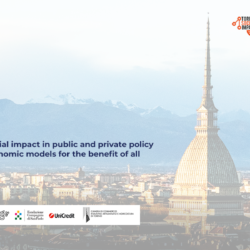 A New Impact Era: the GSG Leadership Meeting in… 14 April 2022
A New Impact Era: the GSG Leadership Meeting in… 14 April 2022  Young Challengers Program 2022 7 July 2022
Young Challengers Program 2022 7 July 2022  Turin chosen to host Cities Forum 2023 26 April 2022
Turin chosen to host Cities Forum 2023 26 April 2022 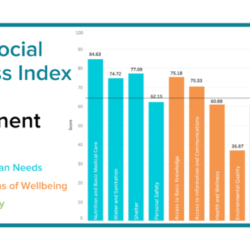 Announced the 2020 Social Progress Index 6 October 2020
Announced the 2020 Social Progress Index 6 October 2020 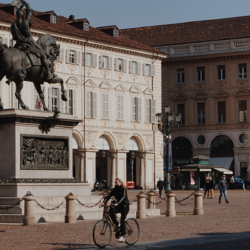 The GSG Leadership Meeting arrives in Turin! 1 March 2022
The GSG Leadership Meeting arrives in Turin! 1 March 2022 
